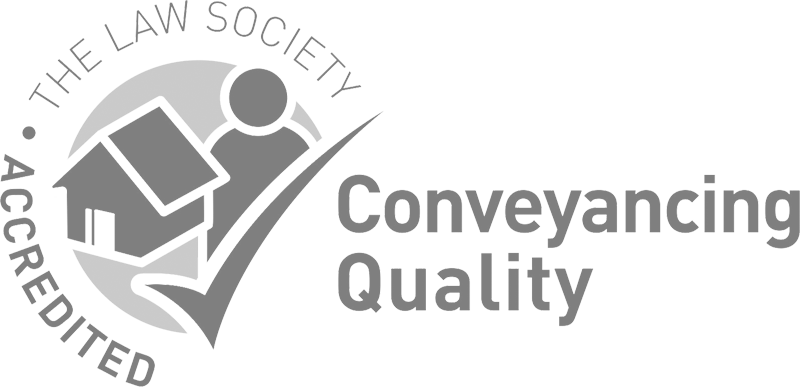The shared ownership scheme provides access to the property market for low-income and first time buyers.
Under the scheme you are able to purchase a ‘share’ of the property, allowing you to purchase a home with a smaller deposit and borrowing. Usually, you have the option to purchase additional shares in the property, typically up to 100%. Rent is paid on the un-acquired share.
You will own a lease
You will own a lease over the property the terms of which identify how to calculate your share, how to acquire (and record) additional purchases of shares, and how the rent is calculated.
If the property is a house, upon acquiring a 100% share in the property the freehold will usually be transferred to you. However, this is not always the case and you should always check.
For a flat, acquiring 100% usually modifies the lease to remove the terms governing the ‘shared ownership’ but otherwise the terms remains the same.
Extending the lease while your share is less than 100%
Generally, most lease owners can force their landlord to extend their lease (see our article on this here). However, this right does not apply to owners of a shared ownership lease who owns less than 100% of the shares.
That being said, most housing associations operate ‘voluntary’ schemes to extend leases. You should always check with your particular housing association whether they operate such a scheme.
Market valuations
The ‘market value’ of the property is used to calculate the value of a share on a sale /purchase, or to acquire additional shares.
These valuations are provided by a surveyor at the cost of the owner of the shared ownership lease. Once issued, the valuation is valid for 3 months, which can then be extended for an additional 3 months. After 6 months a new valuation will need to be undertaken, incurring additional costs.
This means that transactions involving shared ownership properties are time sensitive. They need to progress swiftly to ensure that the valuation does not expire, which would incur additional costs to obtain a fresh valuation and potential changes to the same.
Informing the housing association
The housing association must be informed and approve of any changes to the property (such as the addition of a conservatory) to ensure that its own share does not decrease in value.
Additionally, should you wish to sell the property, you must offer it to the housing association first. The housing association can then purchase your share or more typically will provide a ‘nominee purchaser’ to acquire the property.
Only if the housing association fails to carry out the above within a prescribed timeframe (typically 3 months) can you offer to sell the property on the open market. However, be aware that such a sale would still be restricted to the valuation (you cannot negotiate shared ownership prices) and any purchaser must still be approved by the housing association.
Overall shared ownership is a fantastic scheme to help anyone own their home. If you have any queries on shared ownership properties, please contact our specialist solicitor, Connor White, on 01865 311 133.
